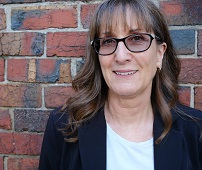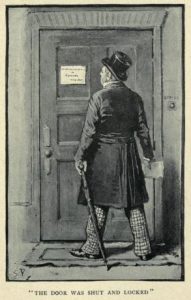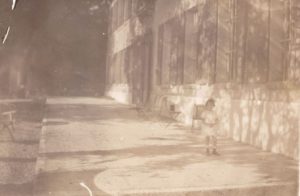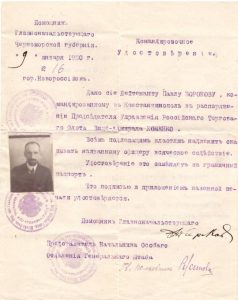As I pack for a family trip to Europe, part of me is planning how to fit some research for my book into the trip. On my last visit, I went to some of the towns and cities my father had lived in or visited. This visit, I would like to delve further into my family’s history and some of the history and strategies of WW2.
We are spending a few days in Latvia, where I will show my sons the estate which used to belong to my father’s family. I hope to discover stories about the family, anecdotes or remembrances, although I doubt there is anyone still alive who would remember them.
We will also stay a few days in Berlin, where I hope to learn more about division and unit movements during WW2. I have emailed an organisation which I am optimistic can assist me with my research. Even if they cannot help, I will continue to look for those who can.
I find research fascinating. I often get sidetracked when hunting down facts, only to discover myself lost in a completely different area. Although there are writers who have been quoted as saying that research is not writing, I tend to agree with Leon Uris who said, “Research to me is as important or more important than the writing. It is the foundation upon which the book is built.”
This is very true of the book I am presently rewriting. If I hadn’t researched the incidents which prompted Latvia’s fight for independence, the events leading up to WW2, the conditions of prisoner of war camps, and the destruction and despair of the German people after their surrender, I would never have been able to write about my father and his experiences. The research in this case has truly been the foundation of my work. Without it I would have been left with disjointed notes in my father’s hand, letters from a young girl he met during the war, letters from my parents to each other and memories of the rather fraught relationship between me and my father. It wouldn’t have been enough.
Over the next few weeks I hope to fill in the remaining gaps in the research I have already completed. Put the cement between the bricks, so to speak. What better way to do it than to travel to where my book began. In the words of Michael Scott, “The research. It is always the best part of writing. And, of course, it is the great excuse to travel.”



